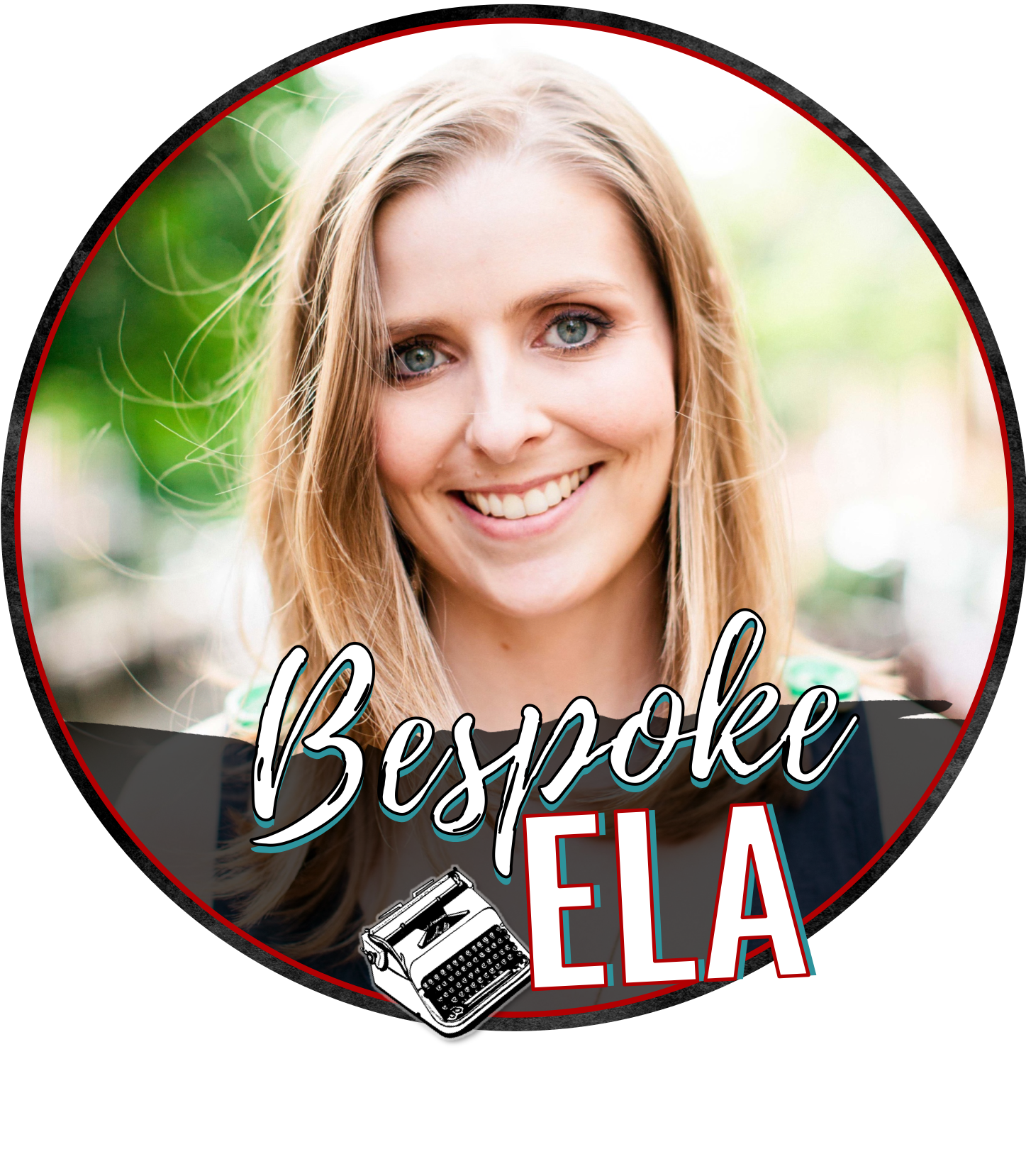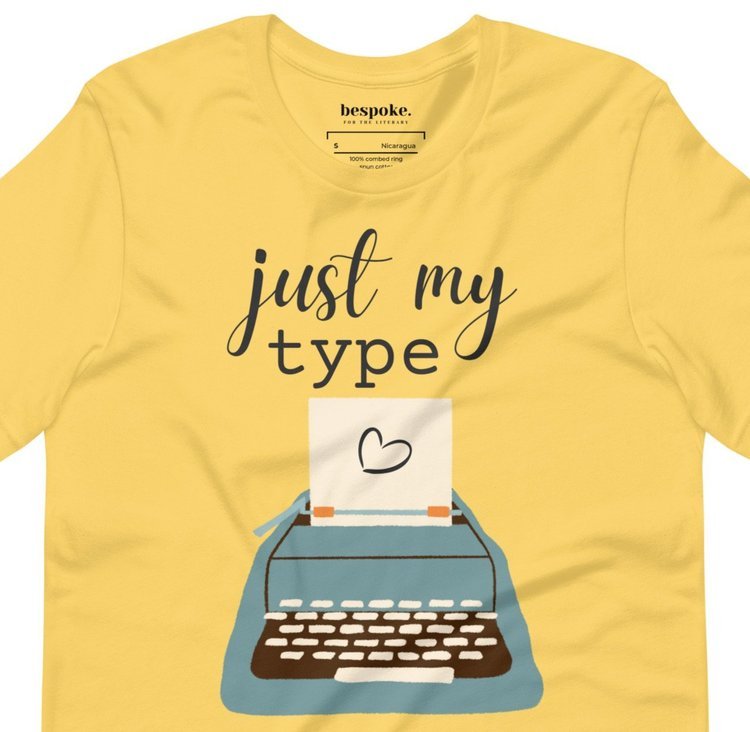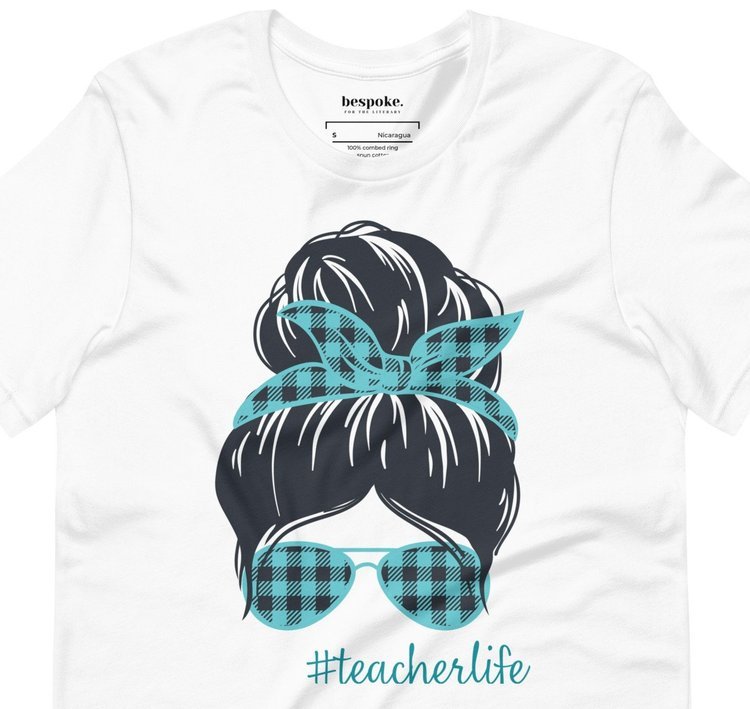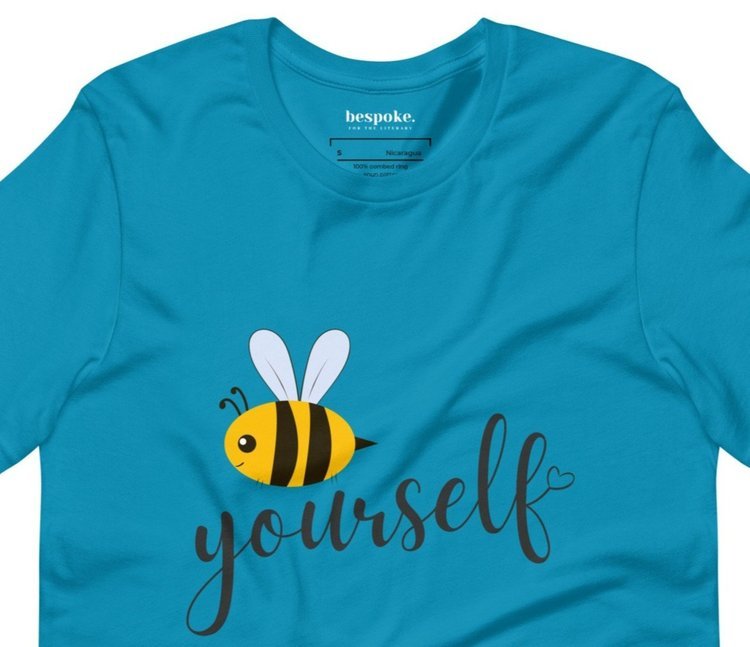It looks like the brave new world of the future is HERE! And it’s equally scary and exciting to think about the potential that AI will bring to the world. However, we know as English teachers, that AI is going to make it even more difficult for us to police cheating amongst our students.
So, we need to be thinking of ways we can circumvent this issue and find ways to help make sure our students are doing their own writing.
Here are some strategies that can help us out!
GPTZero— Detector
First of all, we have AI checkers. GPTZero was created by OpenAI, and it can detect if writing was generated by ChatGPT.
In fact, here’s what ChatGPT says about it:
“GPTZero detector is a machine learning system that uses natural language processing to detect malicious content and malicious intent in text. It was developed by researchers at the Georgia Institute of Technology, and it is designed to detect malicious content such as phishing scams, malicious links, and malware. GPTZero can also detect malicious intent, such as attempts to manipulate opinion or defame someone.”
It’s an awesome tool; however, it is NOT foolproof. The accuracy of GPTZero's detection depends heavily on the specific task. On certain tasks, GPTZero has been reported to achieve an accuracy of up to 95% while on other tasks, it may only achieve around 70%.
But that doesn’t mean we shouldn’t use it! I’ve informed my students that I can and will check their writing for AI and that it counts as plagiarism to use it. It’s a nice tool to have while we wait for more AI-checker tools to be created.
Set Clear Plagiarism Guidelines
Setting clear plagiarism guidelines that now include AI is a MUST. Students should be informed well in advance that any usage of AI will count as plagiarism unless it is cited. I’m sure the Modern Language Association will be ushering out a new edition of their rules to include a citation for AI at some point in the near future.
But in the meantime, we need to go back and include AI as part of our instruction on plagiarism. If we expect students NOT to use AI, we need to make sure they are aware of that expectation, and we need to enforce that expectation (which is never fun). Students need to understand the consequences for using AI if it is against your rules. My students know that any type of plagiarism will result in a zero for the assignment (and a possible do over depending on the circumstances).
Submitting Outlines and Drafts
Another option is to have students submit outlines and/or rough drafts to you before submitting a final draft. This will allow you to evaluate the student's work and make sure that it’s relatively consistent throughout the writing process. It also gives you a chance to check drafts for AI usage before the student gets into trouble with the final, major graded essay.
To make this work for essay assignments, teachers can have students handwrite the outline and/or rough draft in class before they use the computer. Alternatively, if you are one-to-one, you can allow students to use their Chromebooks with a tool such as Go Guardian that will prevent students from accessing the internet while they work. Afterwards, you can check outlines and drafts against the final copy. If they are drastically different, that should be a red flag to check for AI or plagiarism.
Challenging Assignments
Another way to circumvent ChatGPT and AI plagiarism is to make sure the assignment is challenging enough!
Here’s what ChatGPT has to say about this:
“ChatGPT is powered by natural language processing, which means that it is limited by its understanding of language. Language is complex and nuanced, so it can be difficult for ChatGPT to respond to more challenging tasks, such as providing detailed information, as it may not have the proper context or understanding of the task.”
When creating a task or writing prompt, make it nuanced enough so that ChatGPT cannot respond to it. For example, my students recently wrote essays analyzing the rhetorical relationships of World War II posters, specifically the terms juxtaposition, contrast, shift, and repetition. I tried this out with ChatGPT, and while it was able to give brief notes on these terms in the case of well-known posters such as Rosie the Riveter, the notes were brief at best, and it could not recognize the names of lesser-known World War II posters.
The Takeaway: Test prompts with ChatGPT to see how it handles the challenge and then revise prompts accordingly to make them more difficult for AI to answer.
Teacher Conferences
Another great way to prevent cheating with AI is to conference with students frequently throughout the writing process. This will allow you as the teacher to get a better understanding of the student's work and catch any suspicious activity.
Watch for:
Changes in the entire essay or thesis well into the writing process.
Advanced vocabulary beyond the scope of the student’s knowledge.
Textual evidence from outside sources not used in class or even required for the assignment.
More than one essay that “sounds” similar.
Checking in often with students not only helps to prevent issues with plagiarism but also discourages plagiarism because it gives students time to ask questions and seek out help instead of resorting to cheating.
Timed Writings
Here’s looking at YOU, Advanced Placement Language & Literature. It turns out that those timed writings might make a comeback across the board because of AI.
Consider having students complete assignments in class in a “closed computer” format. This will prevent the use of any outside sources and make it more difficult for students to use AI or ChatGPT.
The grand irony of this is that classrooms across the U.S. have armed students with computers, and now, we might have to turn back to pre-tech times to have students write by hand. So, get your glasses and magnifying glasses ready to decipher student handwriting once again. LOL!
What other suggestions do you have to prevent students from using AI to cheat on assignments? Join the conversation and leave a comment below!
Check out Bespoke Merch
About the Author
Meredith is the founder and creator of Bespoke ELA and TeachWriting.org. She has taught high school English for 15+ years in Dallas, Chicago, and New York City and holds a M.A. in Literature from Northwestern University. She has always had a connection to the written word-- through songwriting, screenplay writing, and essay writing-- and she enjoys the process of teaching students how to express their ideas. Meredith enjoys life with her sweet daughter and Yorkie.











